Phillips 66’s recent announcement to close its Los Angeles-area refinery by the end of 2025 marks a significant shift in California’s energy landscape. The refinery, which consists of two facilities in Carson and Wilmington, processes crude oil and upgrades it to finished products, supplying about 8% of the state’s refining capacity. With its output contributing to the state’s gasoline, diesel, and aviation fuel needs, the closure raises concerns about potential impacts on gas prices and fuel supply, particularly as California continues its aggressive push toward zero-emissions vehicles.
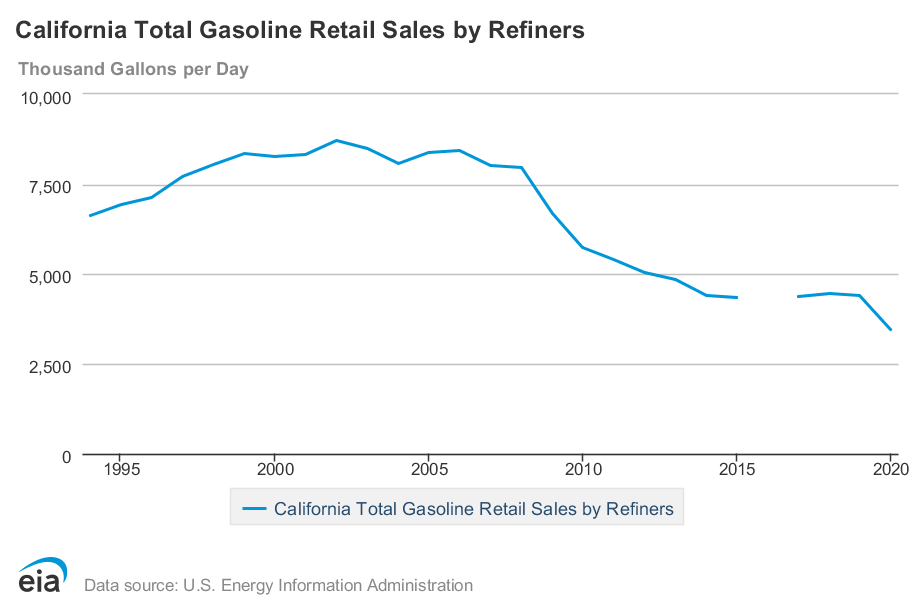
The refinery closure coincides with California’s long-term efforts to reduce reliance on fossil fuels. The California Air Resources Board (CARB) mandates that all new passenger vehicles sold in the state must have zero tailpipe emissions by 2035. This push toward cleaner transportation includes not only cars but also freight trains, with CARB mandating the retirement of any diesel locomotive over 23 years old. California has steadily reduced retail gas sales since 2006, largely due to the increasing adoption of electric vehicles (EVs). Currently, more than 25% of the state’s vehicles are electric, reflecting a rapid shift in the transportation sector. As this trend continues, it may help soften the impact of the refinery’s closure on gas prices, but challenges remain in the near term.
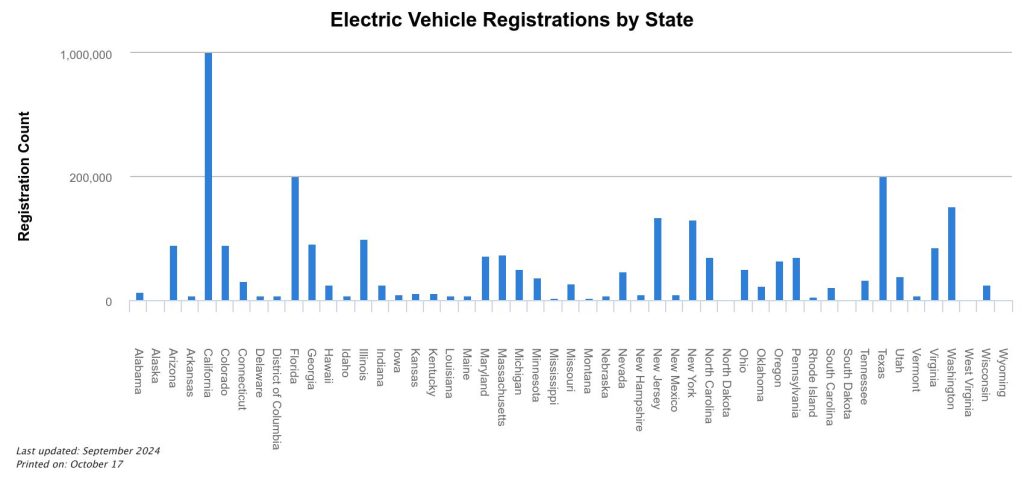
Despite the ongoing transition to electric vehicles, California still relies heavily on its refineries to meet the fuel demands of millions of drivers, as well as neighboring states like Nevada and Arizona. With Nevada and Arizona lagging behind California in the adoption of electric vehicles, the closure could have a more profound impact on prices in the neighboring states. The Phillips 66 refinery, which has been operational for over a century, plays a critical role in producing CARB-grade gasoline— a cleaner-burning fuel required under California’s stringent environmental regulations. The refinery closure could reduce available fuel supply, potentially leading to price spikes, particularly during periods of high demand or maintenance shutdowns at other facilities.

Governor Gavin Newsom has taken steps to prevent gas price surges, signing into law ABX2-1, which requires oil refiners to maintain a minimum inventory of fuel to avoid sudden shortages that often result in price hikes. The law also allows the California Energy Commission to enforce these fuel reserves and ensure refineries plan for resupply during maintenance. This legislation aims to stabilize prices, but the loss of 8% of the state’s refining capacity could still challenge the market, particularly if no immediate replacements are found.
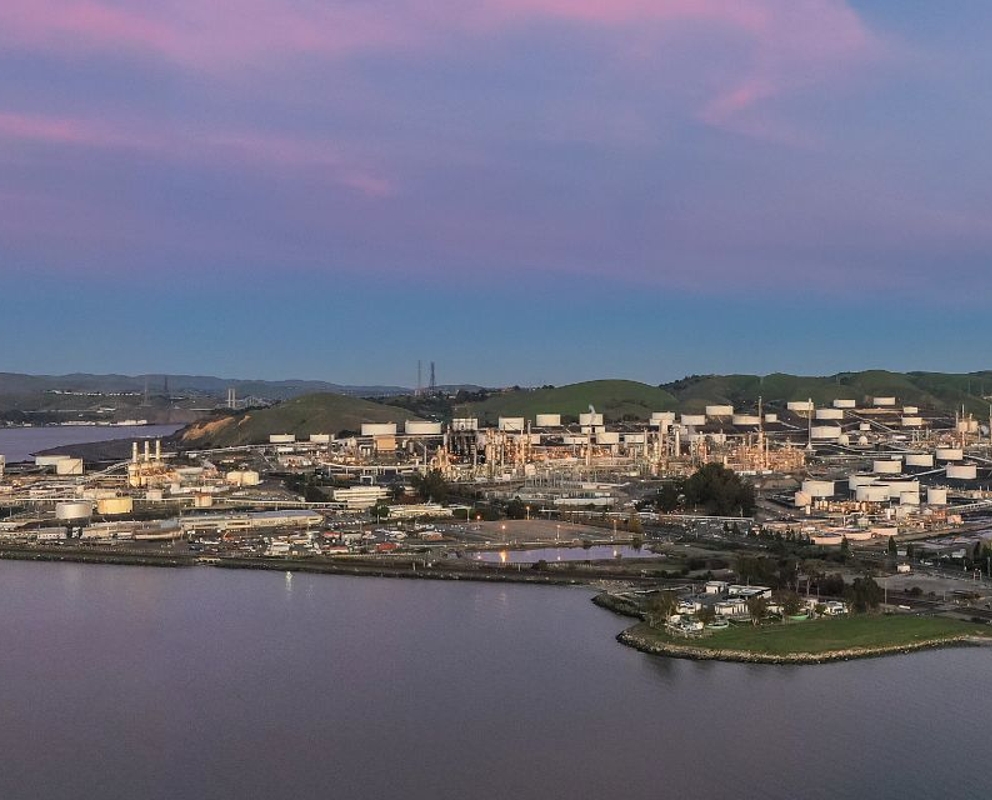
Phillips 66 has expressed support for the state’s efforts to maintain a stable fuel supply. The company plans to continue meeting consumer needs by supplying gasoline from sources inside and outside its refining network, while also focusing on renewable fuels. Its Rodeo Renewable Energy Complex in the San Francisco Bay Area is being transformed into one of the world’s largest renewable fuels facilities, set to produce sustainable diesel and aviation fuel. While this is a positive step toward California’s climate goals, renewable fuel production is not yet sufficient to fully replace the capacity of traditional petroleum products in the short term.
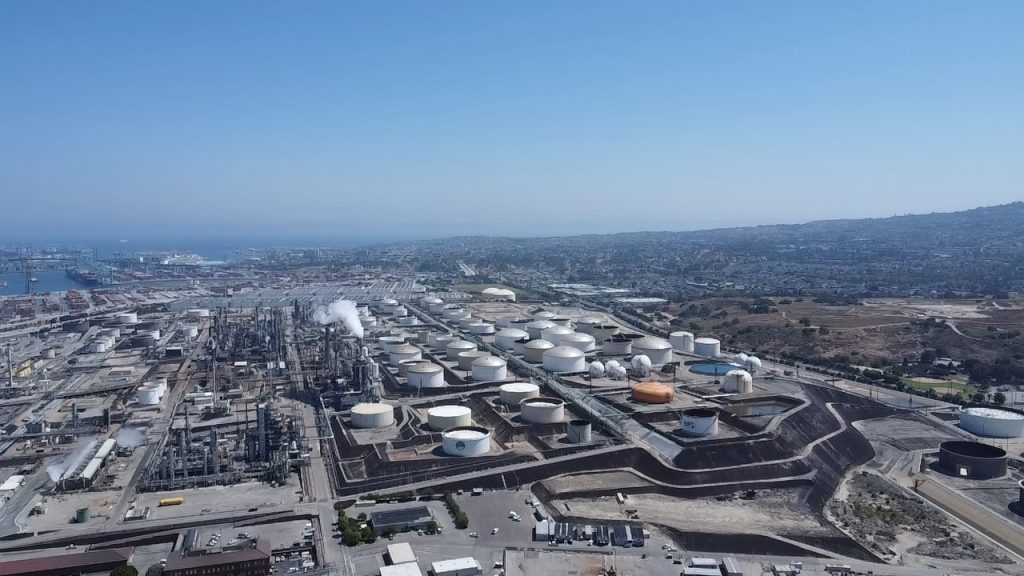
The closure of the Los Angeles refinery also has broader economic implications. The facility employs approximately 600 workers and 300 contractors, who will be affected by the shutdown. Phillips 66 has partnered with land development firms to explore commercial redevelopment options for the 650-acre sites in Wilmington and Carson, with the potential to revitalize the region’s economy. However, this shift away from traditional refinery operations could further reduce California’s ability to meet fuel demand locally, making the state more reliant on imported gasoline or fuel from other parts of the country.
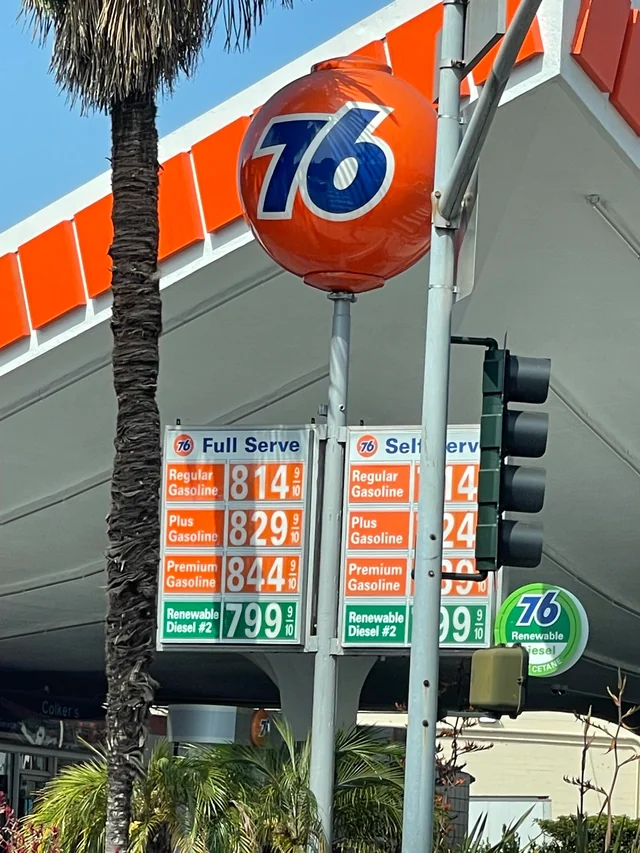
California’s aggressive climate policies, including the zero-emissions vehicle mandate and efforts to reduce the sale of fossil fuel-powered products, are crucial for long-term sustainability. Yet the immediate loss of 8% of refining capacity creates uncertainty. Although Phillips 66 and the state are working together to secure alternative fuel supplies, the reduced local output could leave the state vulnerable to price increases, especially in the near term as the shift toward electric vehicles and renewable fuels progresses. The Los Angeles area has seen some of the highest gas prices in the nation.
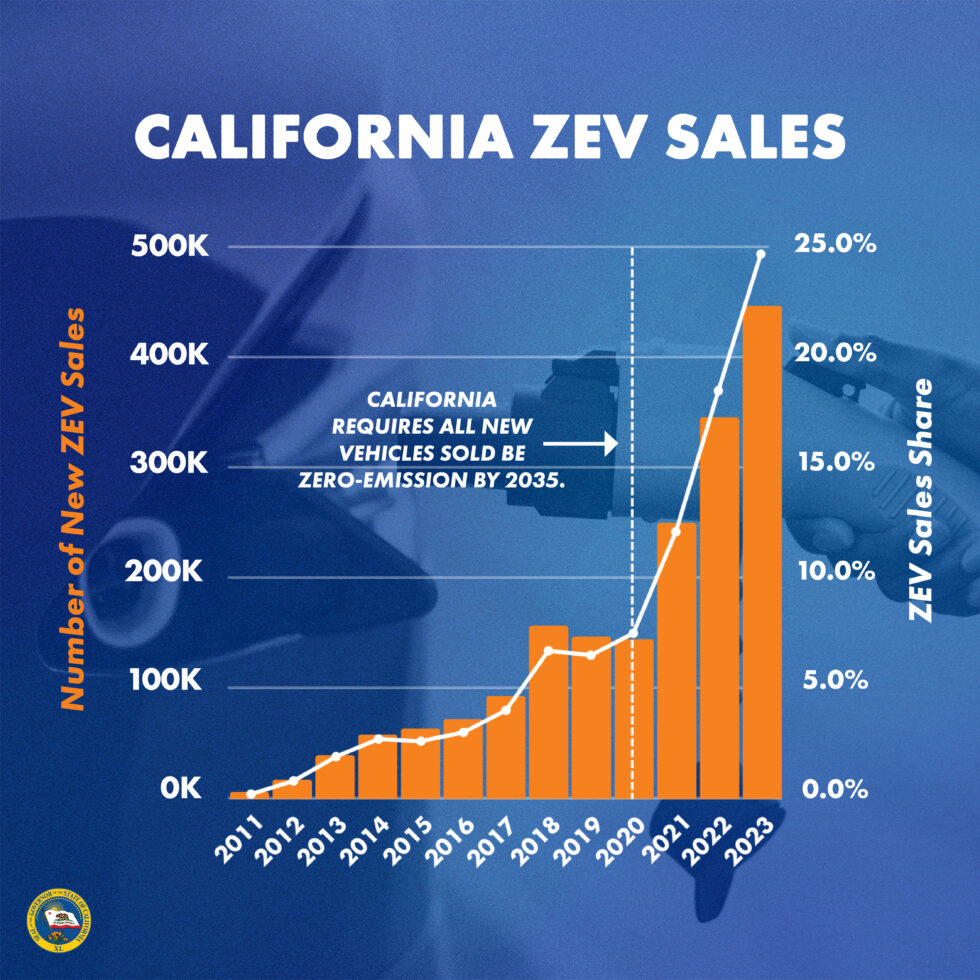
While California’s transition to zero-emissions vehicles and renewable energy is advancing rapidly, the closure of the Phillips 66 refinery will present challenges for the state’s fuel markets. The immediate impact on gas prices remains a concern for consumers, particularly as the state navigates this significant reduction in refining capacity. Over time, as more electric vehicles hit the road and renewable fuel production ramps up, California may be better positioned to meet its climate goals while stabilizing its fuel market. However, in the short term, the state’s reliance on gasoline could lead to price volatility, especially as the refinery prepares to cease operations in 2025.





